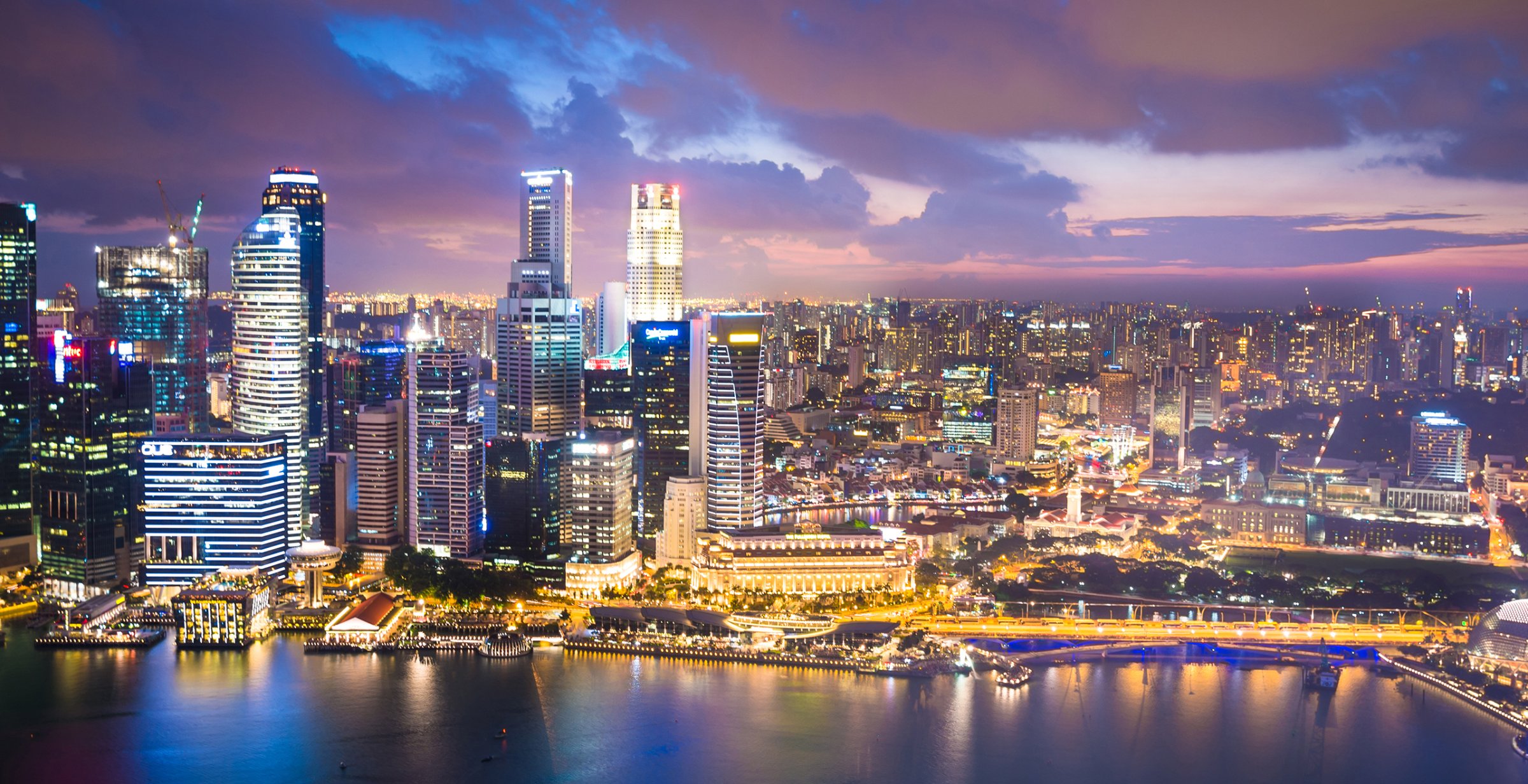
I read with more than casual interest about The Wall Street Journal celebrating the 40th anniversary of its Asian edition in September. I had been the first managing editor of the edition, when it was called the Asian Wall Street Journal, and I recalled our launch from a former warehouse in Hong Kong’s Quarry Bay where we rented space from the South China Morning Post.
Now working for Time Inc. in New York City, I was, by coincidence, visiting Hong Kong and Singapore as the Journal was celebrating its anniversary in both cities. The visits got me thinking about how Asia and these two extraordinary cities had and had not changed over the past four decades.
Hong Kong and Singapore were the two most advanced centers of capitalism in South and Southeast Asia and, not surprisingly, they were the Asian Journal’s two most important markets. Hong Kong was the more entrepreneurial and, by far, the more interesting of the two cities. It was the better place to live, especially for anyone, including expatriates, involved in international business or in the media. In the 1980s and into the ’90s, Hong Kong benefited from being the gateway to a rising China. Dissent was tolerated in the final years of British rule. With low tax rates and limited regulation, Hong Kong was one of the world’s best cities for business.
It still is, but in the 19 years since the “handover”—when Hong Kong was returned to Chinese control—Hong Kong’s star has faded. It has been overshadowed by Beijing, Shanghai and other mainland cities as China has learned to deal directly with the rest of the world. Beijing has increasingly imposed its will on the Hong Kong legislature while stifling dissent. The so-called Umbrella Revolution and the Occupy Central movement resulted in massive protests in the fall of 2014, and resentment against China’s heavy hand remains strong among students and pro-democracy dissidents.
Dinner conversations in Hong Kong today almost invariably reflect an inward-looking obsession with China and its influence over the city. Persistent air pollution has made living in Hong Kong much less attractive. Expatriates and locals who have mobility and can afford to live elsewhere increasingly talk about moving or buying second homes overseas.
By contrast, I hated going to Singapore in the 1970s, especially if the trip was in response to complaints about coverage from then Prime Minister Lee Kuan Yew. Lee’s People’s Action Party (PAP) had complete control over the city-state and had little tolerance for criticism or dissent—either at home or by the international media.
Today Singapore remains under the control of the PAP, now headed by Lee’s son Prime Minister Lee Hsien Loong. But the party won less than 70% of the vote in 2015 elections, suggesting that opposition parties are gaining strength. Although the government seems more tolerant of dissent and censorship seems less obvious than was true decades ago, the Reporters Without Borders World Press Freedom Index for 2016 ranks Singapore near the bottom of its list of 180 countries at number 154. (Hong Kong ranked 69th.) But to me the local press seems more robust than it did decades ago.
Singapore does better on other fronts. It tops the World Bank’s ranks for ease of doing business. It ranks second to last on Bloomberg’s most recent Misery Index. Although the government has worked to keep expatriates from taking jobs it thinks can be done by Singaporeans, ECA International, a service organization for multinationals, ranks Singapore as the world’s most livable location for expatriates in Asia, while Hong Kong ranks 15th.
Lee Kuan Yew died in March 2015 at age 91. Although he had stepped down after 31 years as Prime Minister in 1990, he continued to serve Singapore as Senior Minister and then Minister Mentor until 2011. His legacy of clean government and commitment to the environment remain, while the introduction of casinos and a lively night scene have made Singapore seem less authoritarian under Lee Hsien Loong.
If asked to choose between living in Hong Kong or Singapore 40 years ago, Hong Kong would have been the easy choice. But these days it’s a much closer call. Beijing’s clumsy attempts to throttle dissent have alienated many Hong Kong citizens and made the city a less desirable place to live and work. Meanwhile, innovation and imagination now seem to be Singapore’s bywords.
Pearlstine is the vice chairman of Time Inc.
More Must-Reads from TIME
- Cybersecurity Experts Are Sounding the Alarm on DOGE
- Meet the 2025 Women of the Year
- The Harsh Truth About Disability Inclusion
- Why Do More Young Adults Have Cancer?
- Colman Domingo Leads With Radical Love
- How to Get Better at Doing Things Alone
- Michelle Zauner Stares Down the Darkness
Contact us at letters@time.com